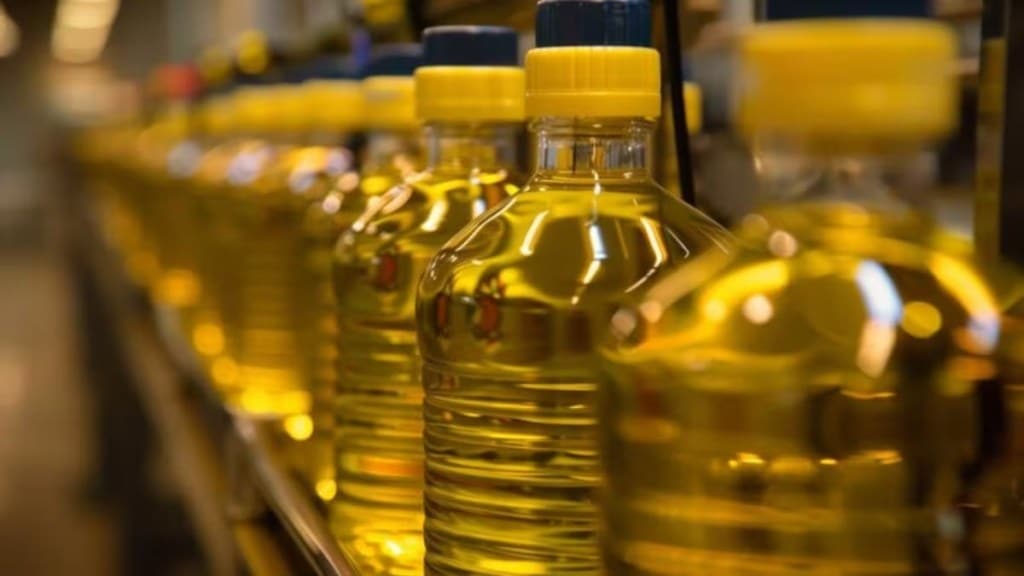Frequent revisions in India’s import tariffs on edible oils distort the market, complicate import planning and raise transaction costs for refiners and traders, a report said on Tuesday. Duty hikes lead to immediate retail price escalation, while duty cuts often produce incomplete or delayed relief for consumers, according to the report titled ‘Tariff volatility and stakeholder dynamics in India’s edible oil sector.
India imports around 57% of its edible oil requirement. Palm, soybean and sunflower account for the bulk of consumption of around 25 million tonne (MT). The annual edible oil import bill is to the tune of $20 billion.
“These short-term adjustments, though aimed at curbing inflation or protecting consumers have created policy volatility, reduced market predictability, and weakened stakeholder confidence,” the joint report by the Centre for Economic Studies and Planning, Jawaharlal Nehru University, VeK policy advisory and research, and Assocham states.
It said that over the past decade, tariff policy on edible oils has been marked by frequent and unpredictable revisions, with more than 25 changes occurring between 2015 and 2025. Stating that palm oil constitutes 60% share in the import basket, India’s high dependence on the variety of cooking oils on Indonesia and Malaysia exposes India to external policy risks such as export bans,biofuel diversion and geopolitical disruptions.
While recommending diversification of imports of palm oils to Argentina and African countries, the report stated India remains vulnerable to global shocks, currency fluctuations, and supply chain disruptions.
The report has recommended introduction of a 3-5 year tariff policy plan with annual reviews while ensuring advance notice of 30-60 days for all duty revisions. The government must define clear import tariff revisions – international price thresholds and domestic inflation limits.
It also urged the government to retain a 7.5-10% duty gap between crude and refined oils to protect domestic refining while avoiding sudden reversals that distort import composition and discourage processing.
The report has recommended implementation of counter-cyclical tariffs that adjust gradually with global prices. It has suggested intensive consultation with industry bodies, farmer groups, and FMCG associations before tariff revisions.
On May 30, India reduced the effective import duty including basic custom duty and cess on these three oils to 16.5% from 27.5% imposed in September last year to curb spike in prices.India’s import of edible oils during 2024-25 oil year (November-October) is likely to decline by around 5% to below 15.5 MT from 16 MT in the previous year, according to industry sources.
The country imports oils from Indonesia, Malaysia, Thailand, Ukraine,Russia and Argentina. India produces oils such as mustard, soybean and groundnut.

